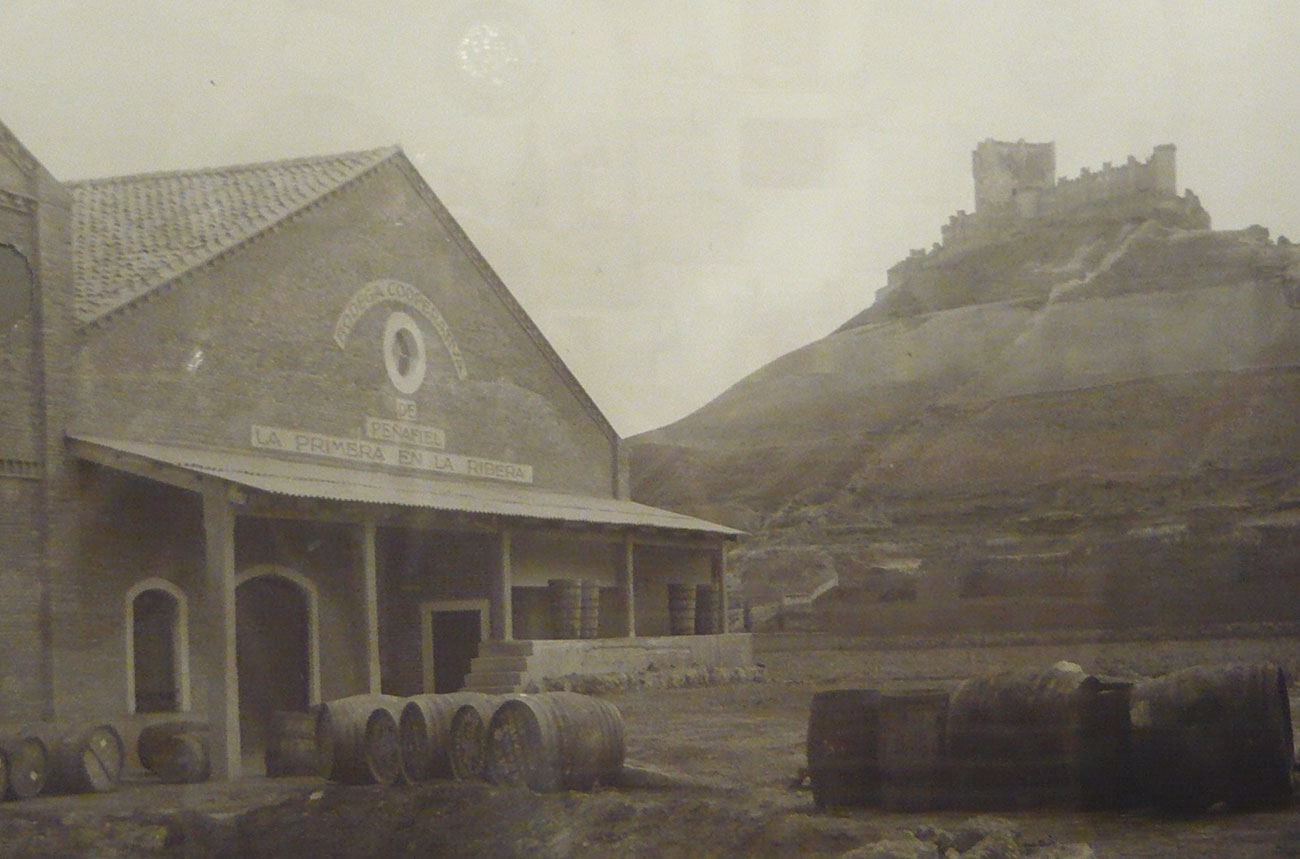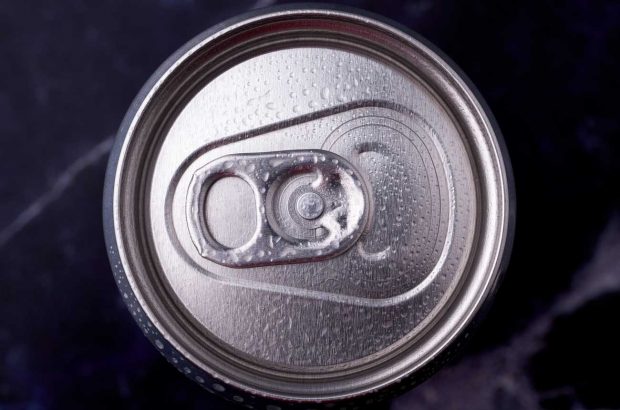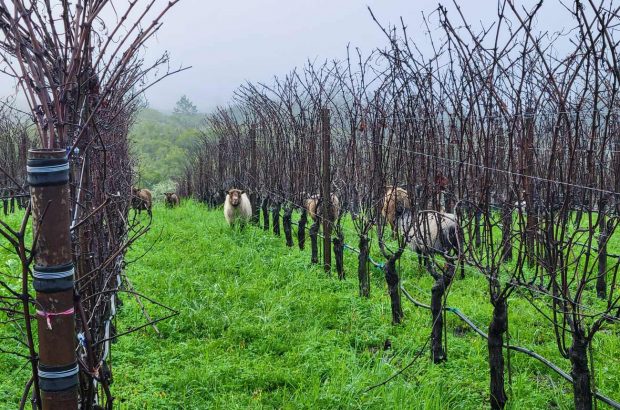The wine of kings
Rueda is one of Spain’s oldest regions, dating back to the Middle Ages. In the 11th century, King Alfonso I designated the land for viticulture and divided it among winemaking settlers and monastic orders.
From this time, the region was almost exclusively planted with Verdejo vines. Rueda’s white wines went on to become a court favourite of the Catholic Kings.
Protos pioneers
Bodegas Protos, derived from the Greek word for ‘first’, co-founded the revered Ribera del Duero appellation and has been making wines here since 1927.
Staying true to their motto, ‘origin above all’, Protos pushes for new winemaking frontiers while prizing the wines’ sense of place.

In search of true Rueda
After arriving in Rueda in 2006, it took Protos’ winemakers over a decade to find their ideal terroirs – searching across the appellation for the finest expression of Verdejo.
Protos has divided its vineyards into individual parcels based on their age and terroir, in order to create fine-tuned Verdejo blends in the winery.
Not all Verdejo is created equal, here are six ways Protos does things differently:
1. Production is limited to 8,000 kg/ha – that’s 2,000 kg/ha under the appellation’s maximum allowance. Smaller production protects the unique character of the Verdejo gape and permits winemakers to be more selective.
2. Harvesting takes place at night and carbonic ice is added to minimise oxidation, preserving Verdejo’s primary fruit flavours in the glass.
3. To capture the essence of each Rueda terroir, the parcels are fermented separately using indigenous yeast from the vineyard.
4. Winemakers practice minimal intervention, using their new non-invasive press and a tangential flow filter to create a more natural wine style.
5. The wines spend three months ageing on their fine lees, with the help of specially developed micro-agitators.
6. Each vat is taste tested by the winemakers for quality – those that don’t meet their standards are discarded and only the best wines make it into the final blend.
In the glass: Protos Verdejo tasting notes

For gastronomes on the hunt for complexity, Protos’ Barrel-fermented Verdejo packs a powerful nose of ripe citrus, layered upon anise and fennel notes with a lingering, smoky finish. It’s made from vines over 25 years old and spends six months ageing on its fine lees in the barrel.

Alternatively, Protos’ young Verdejo wine is perfectly designed for casual, summertime drinking – with all the typicity expected from a Rueda white. Think green apple, citrus and white blossom, rounded off by a bitter herb and fennel finish.





